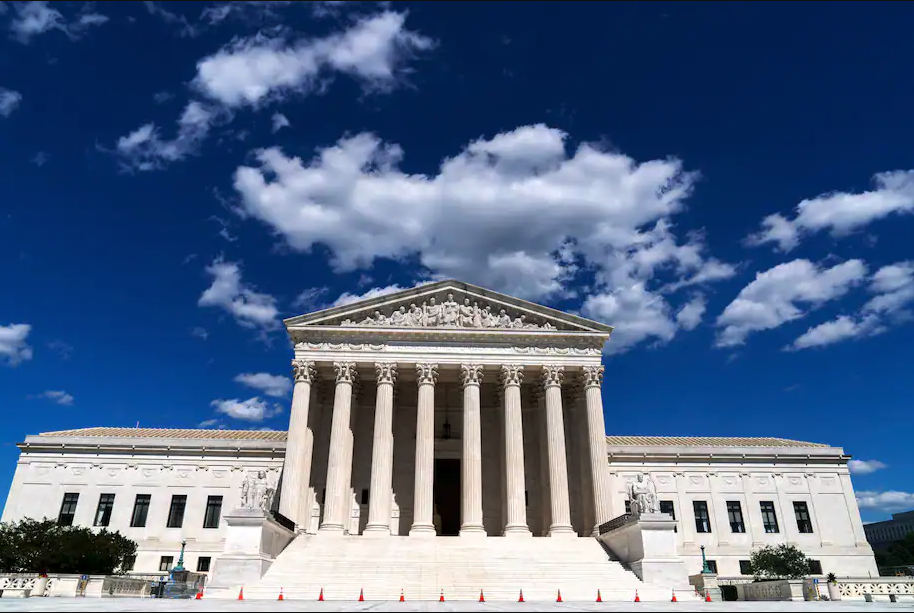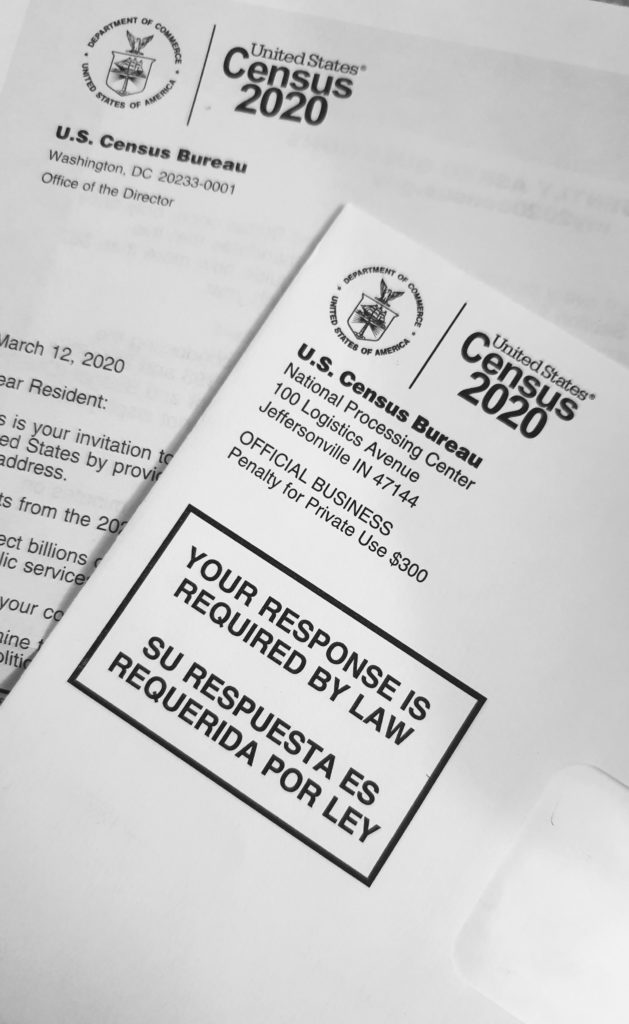Pretrial Transformation and Abolition
Carceral pretrial approaches lack evidence of effectiveness—in fact, research identifies that commonplace strategies such as money bail, detention, and even mandatory drug testing hamper pretrial success. In addition, these strategies are racially discriminatory while also contributing to harmful collateral consequences for individuals and communities. As jurisdictions across the country are beginning to confront these findings and explore alternatives, the pretrial space offers a unique opportunity for abolitionist transformations.









